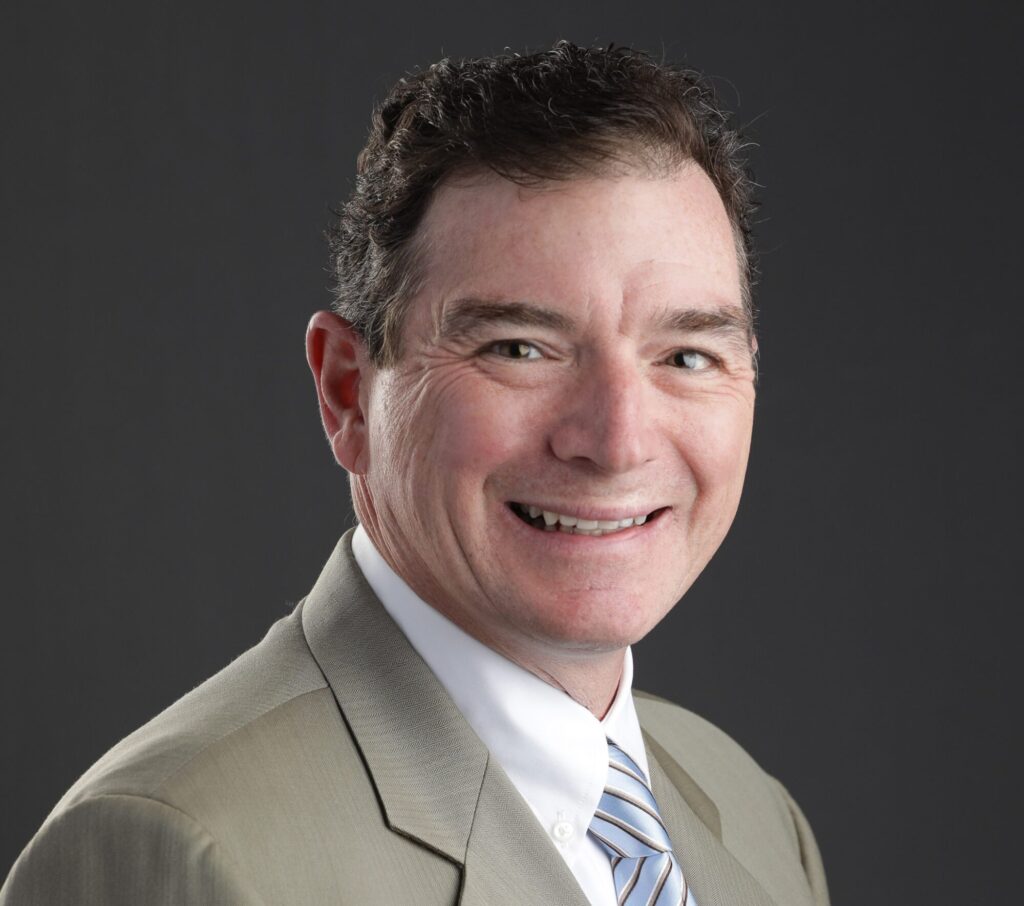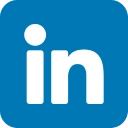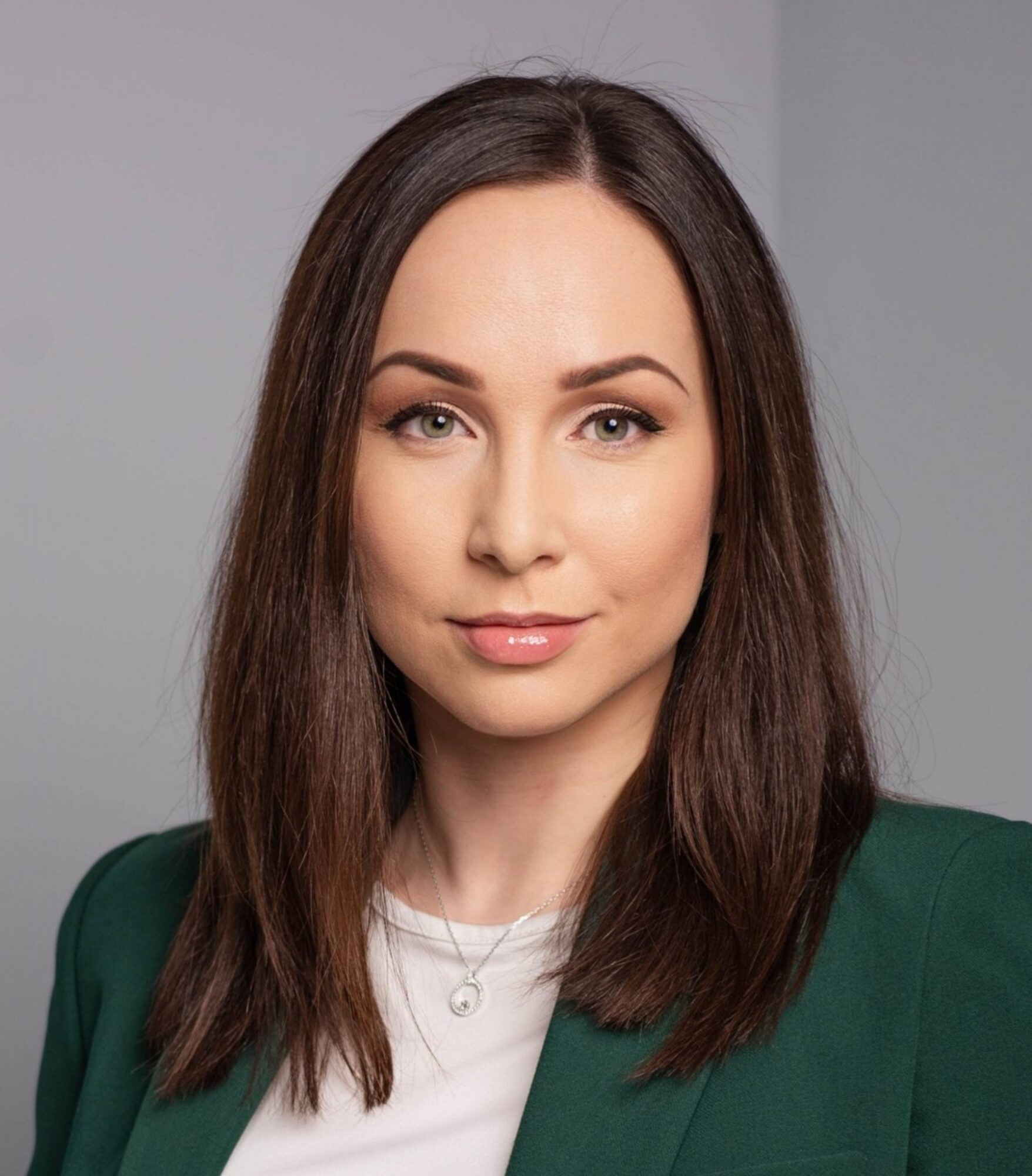Group Leader Michael Melville shares insights he’s gathered during his leadership journey
A lot can happen in just a few years at Volaris Group. Just ask Michael Melville, who has played an instrumental part in growing a healthcare-focused portfolio from one business to five since he started at the company.
He brings more than three decades of experience in business-to-business healthcare, with over half of that time focused specifically on Healthcare IT (HCIT). Since joining Volaris Group in 2020, Michael has become a Group Leader and plays a pivotal role in scaling the Smith portfolio’s healthcare IT acquisitions, helping both business leaders and their teams navigate the complexities of M&A while preserving culture, autonomy, and long-term value.

A Unique Opportunity: Joining Volaris
Michael’s path to Volaris began after selling a business in 2019. “While integrating my previous company, I attended a conference in New York City,” he recalls. “One of the speakers was from Volaris, and we discussed what I wanted out of my next leadership role. When I mentioned I wanted to focus on a single business, he asked, ‘How about being responsible for a number of businesses?’ That immediately sparked my interest.”
He officially joined Volaris in January 2020, stepping in as the General Manager for the portfolio’s first HCIT acquisition, Criterions. “I began working closely with the business development (BD) team, supporting deal flow and sourcing new acquisitions. Over the next five years, we acquired four additional businesses, giving me exposure to the full M&A cycle.”
The businesses that make up the healthcare portfolio now include Sansio, Clarity, Medaptus, Criterions, and Parlance.
Navigating the M&A Cycle
Michael’s role as a Group Leader spans the full spectrum of acquisition activity—from initial prospect identification to post-acquisition integration.
“When the BD team identifies a potential business, I’m typically involved early to connect with the founder or business owner, leadership team and other investors to understand synergies within our portfolio,” he explains. “For smaller tuck-in deals, early engagement is critical. We collect preliminary data to model the acquisition structure, which may include upfront and deferred payments. Once the structure is finalized, we present an Indicative Offer (IO), proceed to a Letter of Intent (LOI), and then conduct thorough diligence with time onsite to meet in person. From IO to close, the process usually takes about 90 to 120 days.”
He emphasizes the importance of leadership continuity. “Founders know their customers, markets, and teams best. Ensuring they stay with their companies post-acquisition dramatically increases the likelihood of long-term success.”
Building a Culture of Autonomy and Best Practices
Volaris is a “buy-and-hold” acquirer, empowering leaders to operate autonomously while accessing a global network of best practices. Michael notes, “Our goal isn’t to parachute in and take over. We help teams identify and overcome blind spots and move past operational blockades while preserving the existing culture. We share insights from over 1,000 acquisitions across our parent company, Constellation Software, and we provide peer-to-peer opportunities through events such as Quadrants, EDGE, GM summits, and functional forums.”
In HCIT specifically, Michael leverages his decades of experience and encourages General Managers in the healthcare portfolio to participate in conversations with founders. “Sharing practical insights and acting as references gives founders a real view of post-acquisition life at Volaris.”
What Makes a Great Fit
According to Michael, the ideal acquisition candidate combines a strong leadership team willing to remain engaged post-acquisition and a belief in long-term autonomy over short-term, private equity-driven growth. “We’re a natural fit for founders who care about legacy and want to operate independently while benefiting from the strategic support we provide.”
Post-acquisition, success hinges on leadership buy-in to Volaris’ operating metrics, as well as structured initiatives that separate key internal projects from core financials. “We also encourage leaders to identify tuck-in acquisition opportunities, creating a culture of growth and operational excellence,” Michael adds.
Leadership and Impact
Michael’s leadership style has evolved during his time at Volaris. “I began with a coaching approach, focused on developing my team’s leadership capabilities,” he says. “Over time, I’ve adopted a situational leadership style to adapt across diverse businesses, markets, and cultures.”
One accomplishment he is particularly proud of is the high employee engagement scores coming out of bi-annual surveys, which are conducted across the portfolio’s businesses. The positive feedback reflects the strong leadership and culture of empowerment found at Volaris. Consistently exceeding benchmark scores on these surveys is something he takes great pride in.
Looking Ahead in Healthcare IT
Michael sees AI playing an increasingly central role in HCIT. “We’re driving all portfolio companies to adopt AI to improve internal efficiency and accelerate product development. For new acquisitions, AI adoption is a key evaluation criterion.”
For founders considering selling, Michael’s advice is simple: “Talk to leaders who’ve been in your shoes. Listen to their stories and see if their experience aligns with your vision for the business post-sale. If it does, you’re on the right path for one of the most important decisions of your career.”
Michael Melville’s perspective highlights the combination of operational rigor, leadership support, and founder-first philosophy that defines Volaris’ approach to M&A in healthcare IT—a model designed to preserve legacy while accelerating growth.









